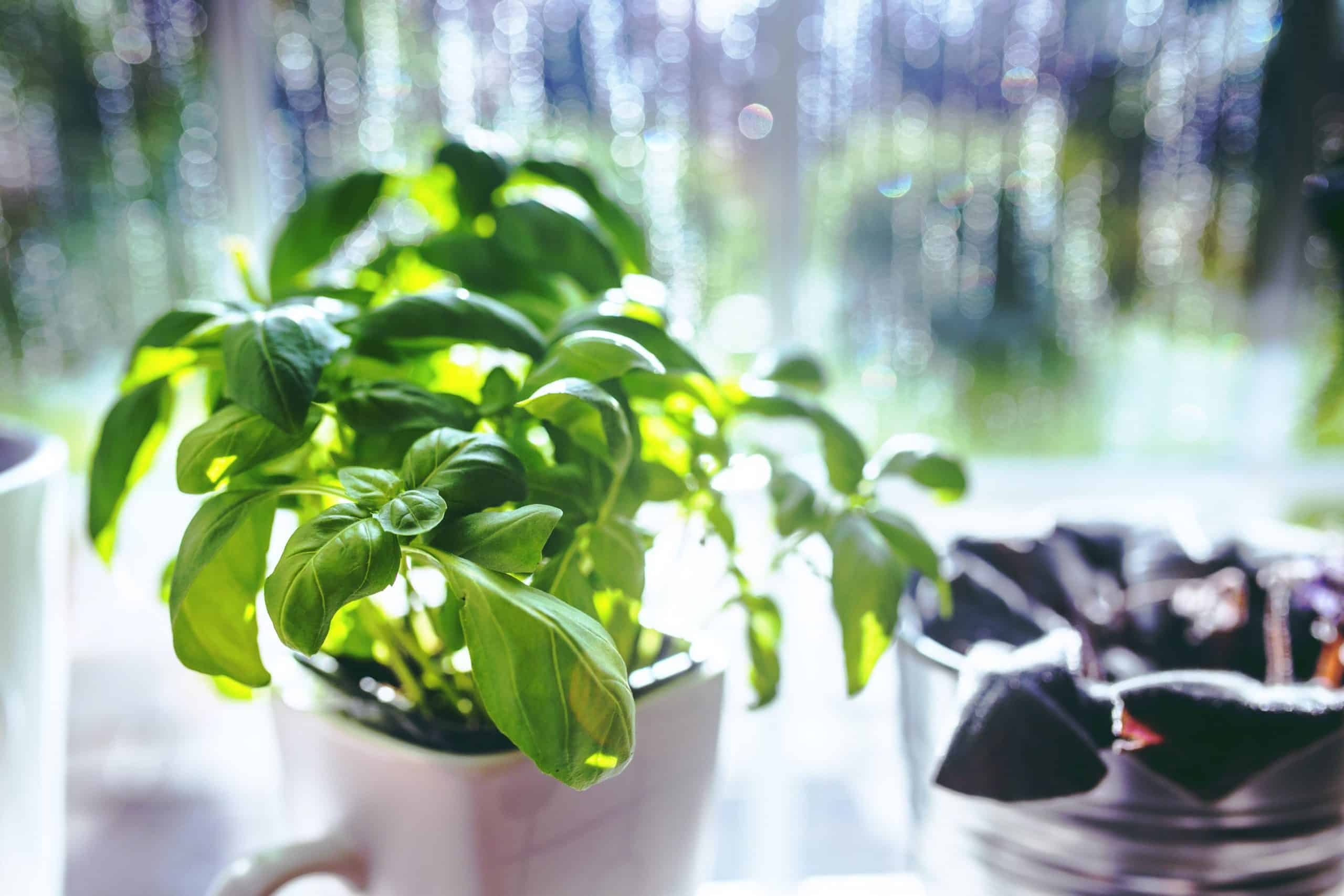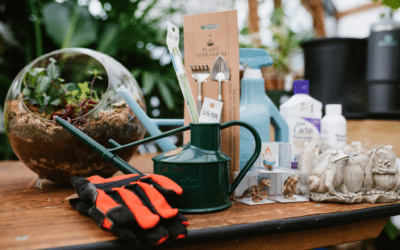New to gardening? Start with herbs
This may be the spring you get serious about planting a kitchen garden. But where to start? Beginning gardeners often find that culinary herbs are a good way to dip a toe into the soil. They are easy to grow, most are forgiving of beginner mistakes, and you can use them to flavor meals now and preserve some for use after summer ends.
Here are five easy-to-grow, almost fool-proof favorites for the garden. They can also grow in containers on a sunny deck, porch or balcony. Most of these are perennials, which will remain in your garden for several years.
Basil
Needs: Warmth, sun, well-drained soil. Water regularly.
Varieties: Sweet basil is the most well-known and most often used for cooking, but there are different varieties with distinctive colors and flavors, including, lemon basil, Thai basil and others.
Use in: Pasta sauces and salads, with mild cheeses, in rice dishes, and to make pesto.
Note: Basil is very tender and will be killed by cold temperatures, so plant it after the temperature is consistently warm. Basil is an annual, but if you let it flower and go to seed in the fall, the seeds will drop to the ground and may sprout next year when the ground warms. At the end of the season, make basil pesto and freeze it in small batches to use in cooking throughout fall and winter.
Chives
Needs: Well-drained soil in a sunny location; water regularly.
Varieties: Garlic, onion and Chinese chives are all easy to grow. Garlic and onion chives have tubular leaves; Chinese broadleaf chives’ leaves are flatter. All are mild-flavored members of the onion family.
Use in: Eggs, salads, soups, potatoes, broiled meat or fish. Chinese broadleaf chives are especially good for stir-fries.
Note: Clip the leaves to use as needed. Cut chives can last in the fridge for a few days; for longer storage, chop them and store them in the freezer. This hardy perennial grows from bulbs, and may need to be dug up and divided every few years.
Rosemary
Needs: Well-drained soil in a sunny location.
Varieties: This is a tender shrub that may be damaged during extended extremely cold periods. Some varieties are hardier than others. ‘Arp’ is a variety that usually does well in Middle Tennessee winters, but most will survive if planted in a protected area.
Use in: Meat, chicken and lamb dishes, fish, casseroles, tomato sauces, egg dishes, vinegars and oils.
Note: Rosemary is evergreen, so you can use fresh leaves all winter if the plant doesn’t succumb to extremely cold weather.
Thyme
Needs: Well-drained soil, but thyme is tolerant of poor soil and dry weather.
Varieties: There are many species and different “flavors,” but English thyme is a popular choice for use in the kitchen.
Use in: Stews, stocks and marinades, stuffing, sauces, herb butters, oils and vinegars.
Note: Some thyme varieties are upright, some have a creeping habit. Trim thyme often to keep it from becoming woody.
Oregano
Needs: Well-drained soil in a sunny location, but will also grow in partial shade.
Varieties: Some species are more flavorful than others, so choose carefully. Italian oregano, a milder-flavored herb, is a good choice. Greek oregano has a stronger flavor.
Use in: pizza, meat, tomato dishes, vegetables, oils and vinegars.
Note: Pick the leaves whenever you want to use them for cooking. They can also be dried or frozen, so if you plan to preserve them, harvest the leaves right before the plant blooms, when the flavor is more concentrated.






0 Comments